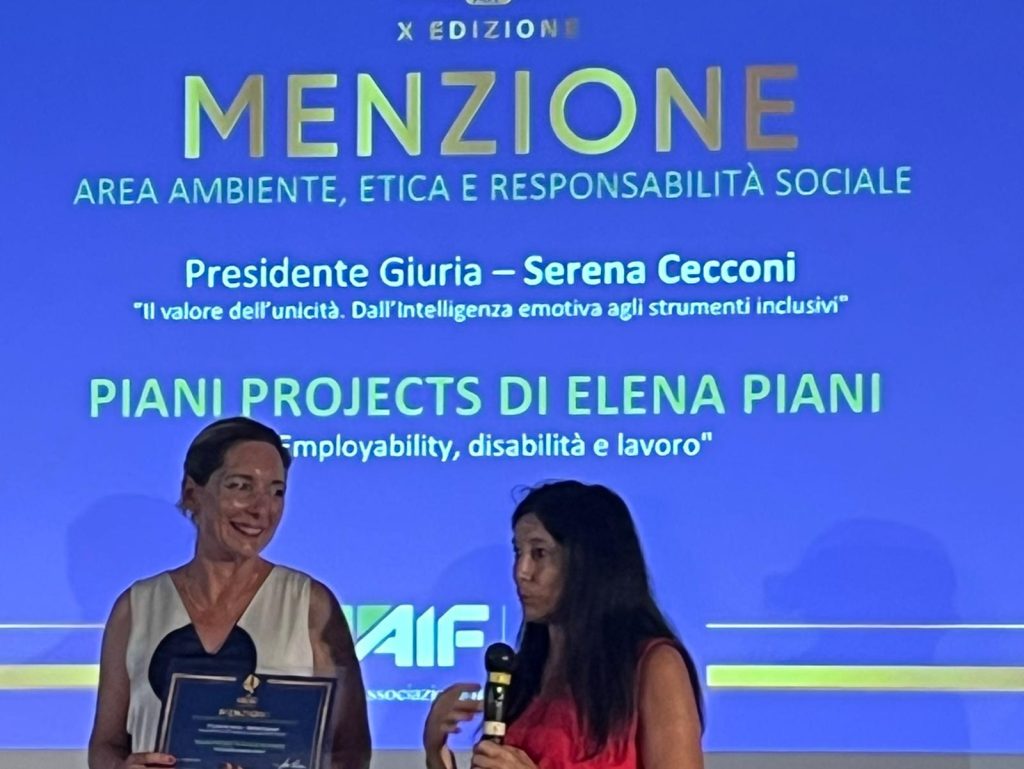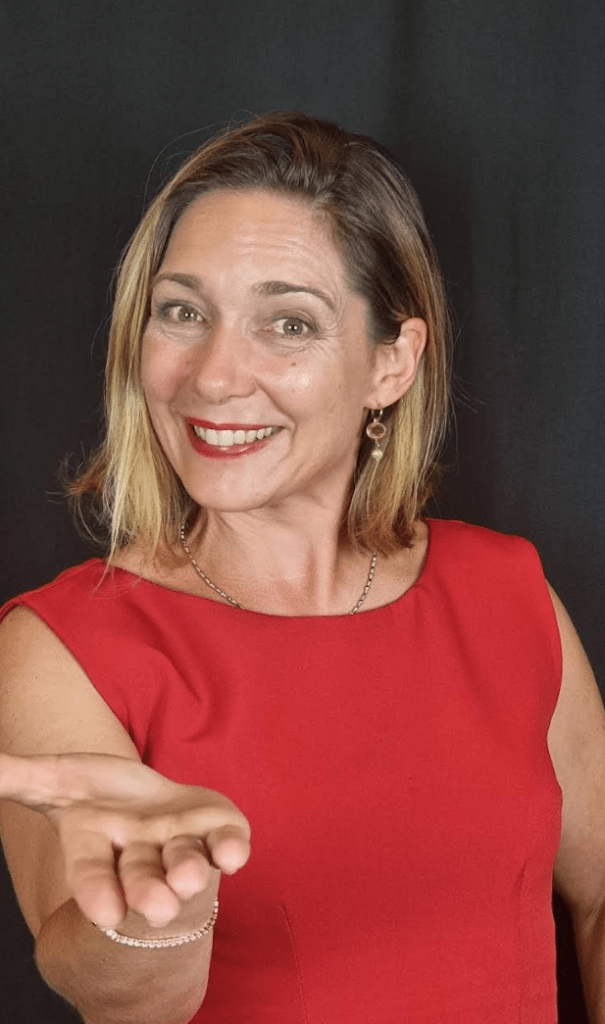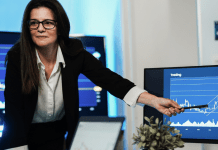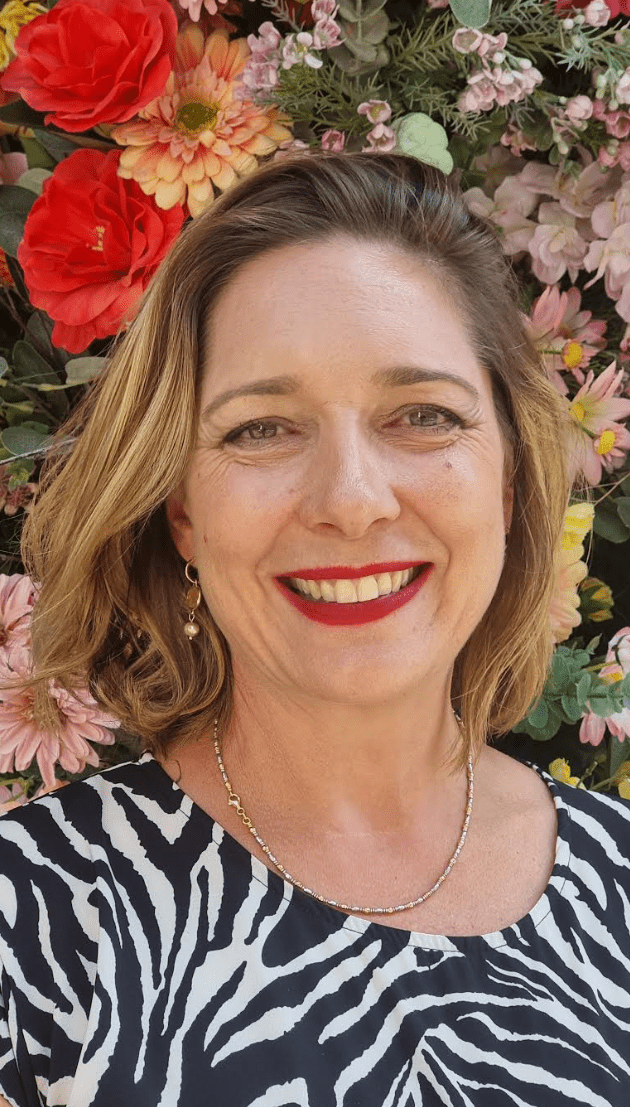Elena Corinne Piani is redefining what it means to lead with purpose. Through her consultancy, Piani Projects, she helps organizations turn sustainability into strategy—bridging social impact with business performance. With a background spanning multinational, the UN, and NGOs, Elena brings a human-centered approach to innovation, inclusion, and lasting change.
She believes that true transformation begins with people and values, not just policies. Her work empowers businesses of all sizes to lead with conscience, creativity, and care.
What motivated you to start Piani Projects, and what was your vision when you began?
I started Piani Projects with a deep desire to connect business strategy with social and environmental impact. After years of working with multinationals, UN agencies, and NGOs, I recognised a clear need for a human-centred, systemic approach to sustainability—one that bridges purpose and performance. My vision was to help organizations see sustainability not as a compliance obligation, but as a driver of innovation, resilience, and lasting value.
You’ve worked with both big multinationals and small businesses—how do their needs around sustainability and innovation differ?
Multinationals often have structured frameworks and resources, but they sometimes lack agility or genuine internal buy-in. SMEs, on the other hand, are often more flexible and purpose-driven but constrained by resources or capacity. My role is to meet each where they are—helping large companies integrate sustainability more meaningfully and empowering small businesses to turn their values into strategic advantage, even with limited means.
What does being a “Sustainability Manager” really mean in day-to-day work?
It’s about being a translator between values and operations. On a daily basis, it involves aligning strategies with standards like ISO 26000 or other ones, engaging stakeholders, managing resistance to change, and embedding inclusive, circular thinking into the core of business processes. It’s also about capacity-building—equipping people across departments to see sustainability as part of their role.
You’ve helped organizations through deep changes—what’s the key to guiding people through that kind of transformation?
Trust, empathy, and clarity. Transformation isn’t just about policies—it’s about people. I focus on creating safe spaces for dialogue, aligning purpose with business value, and using tools like systems thinking and mindful leadership to shift mindsets. Change becomes possible when people feel heard and empowered, not pushed.
Can you share a project that made you feel proud or had a lasting impact?
One that stands out, and for which I won the 2025 Honourable Italian National Training Excellence Award AIF PEF Jury President Nomination for “Uniqueness of people. From Emotional Intelligence to inclusive training tools”, is a training program I designed for young people with spina bifida to support their integration into the workforce. It led not only to employment outcomes but also inspired a book about disability management, a framework for inclusive workplaces, and proposals for new professional roles that bridge business and social care. It showed me how sustainability is also deeply personal and transformative.

How do you approach teaching and training in such diverse sectors—from fashion to tech and NGOs?
I always start with listening and understanding the specific context—each sector has its own language, pressures, and opportunities. Then I co-create learning experiences that are participatory, practical, and aligned with their real-world challenges. My goal is to demystify sustainability and make it actionable, no matter the industry.
What role does communication play in making sustainable change stick?
A huge one. You can have the best sustainability strategy on paper, but without clear, authentic communication, it won’t land. Internally, it builds culture and alignment. Externally, it builds trust. I help clients craft narratives that are both transparent and inspiring – stories that show not just what they’re doing, but why it matters.
How do you help companies bring diversity, equity, and inclusion into real action—not just policy?
I focus on embedding DEI into every part of the organization—recruitment, leadership, team dynamics, communication, and evaluation. I also advocate for new roles that support emotional intelligence and culture-building and offer training that connects inclusion with innovation and business growth. It’s about shifting from performative to transformative.
What advice would you give to young professionals who want to work in sustainability or social impact?
Start with curiosity. This field is evolving fast, and it requires both strong values and adaptability. Build interdisciplinary skills, stay grounded in human empathy, and don’t be afraid to challenge the status quo. Also, find mentors and communities that support your growth—sustainability work is collective by nature. Of course, never stop learning from formal, informal and non-formal education.
What’s next for you and Piani Projects? Is there a new direction or dream you’re working toward?
I see Piani Projects becoming even more global and collaborative—co-creating with academic institutions, social enterprises, and forward-thinking companies. I’m investing in new tools for self-assessment, expanding our digital training offerings, and continuing to champion systemic change. My dream is to help build a new generation of businesses that lead with conscience, creativity, and care.

If this resonates with you, let’s connect!
Elena Corinne, Piani
Founder Piani Projects – Sustainability & Social Innovation Projects
[email protected] | www.pianiprojects.com
LinkedIN: https://www.linkedin.com/in/elenapiani/ | https://www.linkedin.com/company/pianiprojects/
Instagram: https://www.instagram.com/pianielena/
Facebook: https://www.facebook.com/pianiprojects/












